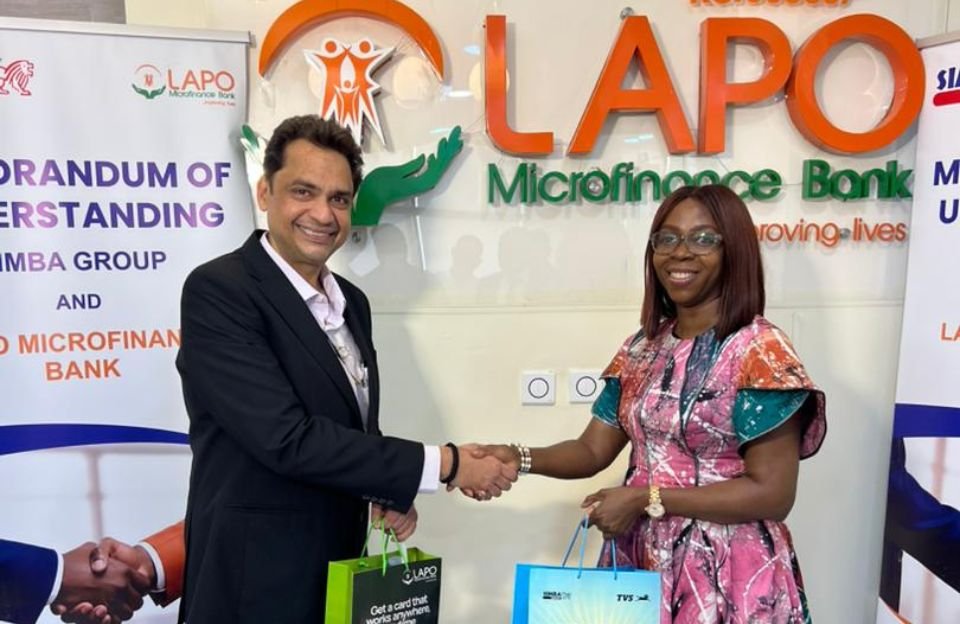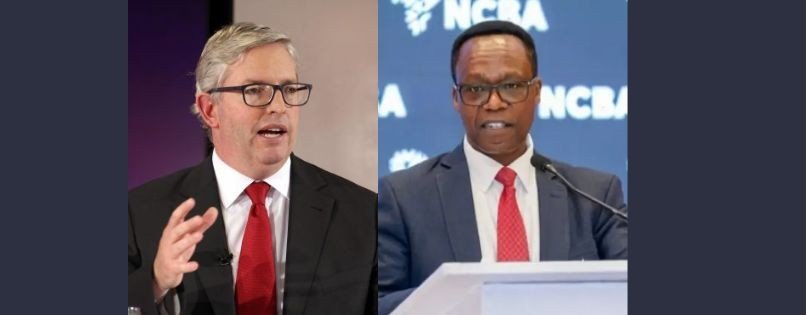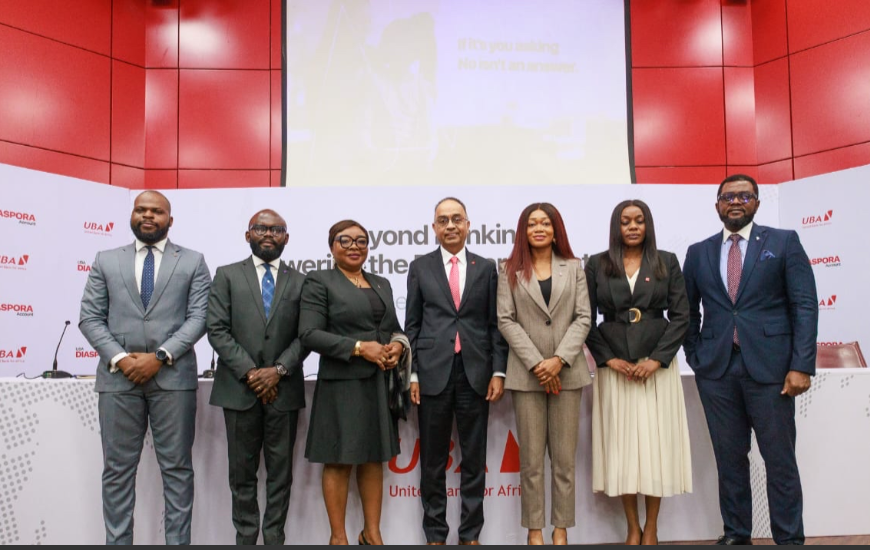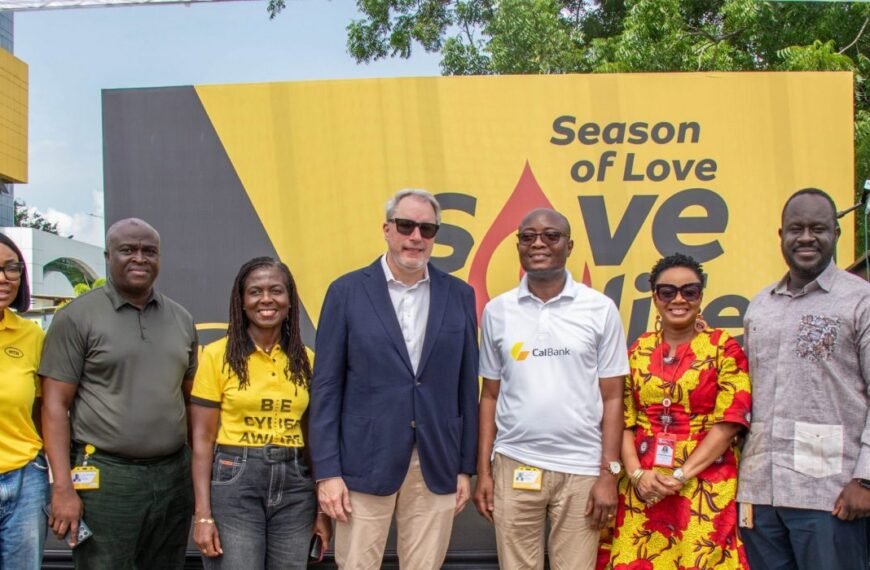

Global: AfDB greenlights $10m AGIA Project Development fund
The Board of Directors of the African Development Bank Group has endorsed a plan to invest up to US$10 million in the ‘Alliance for Green Infrastructure in Africa – Project Development’ (AGIA-PD) fund during its meeting in Abidjan.
As a component of the broader Alliance for Green Infrastructure in Africa (AGIA), which is a US$10 billion initiative led by the African Development Bank Group in partnership with the African Union Commission, Africa50, and various other stakeholders, the AGIA-PD aims to expedite Africa’s transition towards sustainability. It collaborates with African nations, the private sector, and international and local partners to efficiently prepare and advance large-scale, resilient green infrastructure projects and programs, thereby contributing to the continent’s green transformation.
The AGIA will be implemented through three pillars: first, project preparation seeking to raise US$100million in donations upstream for targeted activities; second, project development using the AGIA-PD mechanism to raise US$400million in blended capital to transform green infrastructure project concepts into bankable opportunities; and third, investment and finance that involves establishing a framework to facilitate the mobilisation of US$10billion in funding — from treasury stocks, loans and risk mitigation instruments — to provide large-scale funding for green infrastructure projects prepared and developed under pillars one and two.
The AGIA-PD fund is set to operate over a 15-year period, aiming to achieve its capitalization goal within three years. Its funding model incorporates a blend of donations and treasury stocks, both first- and second-rank, totaling US$400 million. During the COP 28 conference in Dubai in December 2023, commitments totaling approximately US$175 million were announced. Among these commitments was a potential contribution of US$40 million from the African Development Bank, along with a commercial investment of US$10 million approved by the bank’s Board of Directors, bringing the current total to around US$215 million.
The AGIA-PD aims to attract a diverse range of investors, including multilateral development banks, impact funds, governmental organizations, sovereign funds, regional and non-regional institutional investors, commercial investors, and philanthropists.
“The AGIA-PD is a strategic investment, co-managed by the bank, to transform concepts into bankable green infrastructure projects quickly and at scale. It will invest in the development of green infrastructure projects to produce a financial yield and to have an impact on development. It will seek support from the private sector to develop transformative, green, resilient projects that will fill Africa’s infrastructure gap for the long term,” stated Solomon Quaynor, Vice President of the African Development Bank Group with responsibility for the Private Sector, Infrastructure and Industrialisation.
“The AGIA’s vision is to speed up the deployment of transformative green infrastructure projects by creating a robust partnership between the different actors and targeting the entire green infrastructure project preparation, development and funding ecosystem, working with both emerging and established actors. The ultimate objective is to accelerate the continent’s green transition, while drastically reducing the shortage of infrastructure,” explained Amadou Hott, special envoy to the President of the African Development Bank Group, Akinwumi Adesina, and global ambassador for the AGIA.
The target sectors and investments of the AGIA-PD in climate change mitigation projects are in line with the nationally determined contributions of beneficiary countries and with the African Development Bank’s overarching strategic priorities known as the High 5s: ‘Light Up and Power Africa’, ‘Feed Africa’, ‘Industrialize Africa’, ‘Integrate Africa’, and ‘Improve the Quality of Life for the People of Africa’. Additionally, these initiatives align with the bank’s Climate Change and Green Growth Strategic Framework for 2021-2030, ensuring a cohesive approach towards advancing sustainable development across the continent.
















